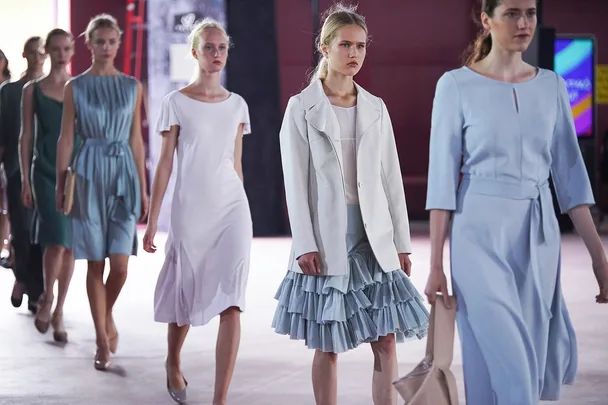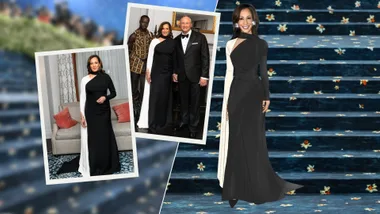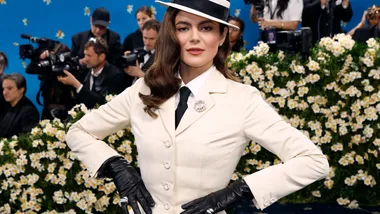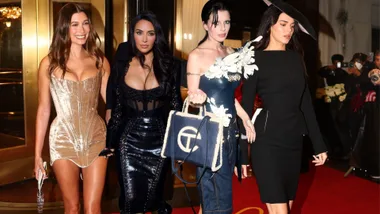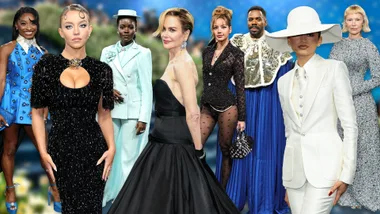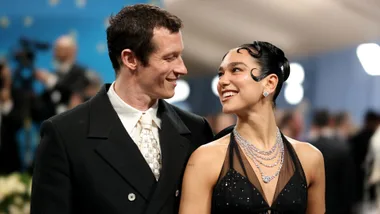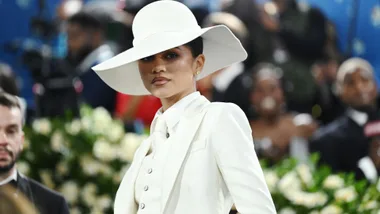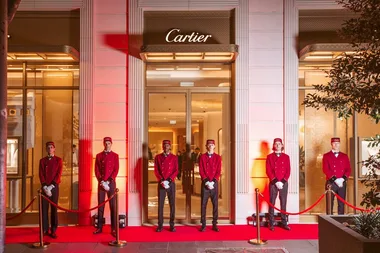Helsinki Fashion Week (HFW) 2018 was no ordinary fashion week. In fact, it was touted as the first 100% sustainable fashion week in the world – but its founder, Evelyn Mora, begs to differ.
Mora, only 26 years old, says that there is no way to be absolutely 100% sustainable – yet. Having said that, HFW still proved to be the most sustainable fashion week ever, even if not in its entirety.
The shows all took place at the Eco Village, a concept that was based on a circular economy and sustainable values, creating a world that encourages connecting and co-creating between various industries. From Tesla Motors chauffeuring the front row elite and special guests, to SolarVoima’s solar panels powering the entire show and a vegan food bar serving delicious fare from ‘leftovers’ (or ‘from waste to taste’, as they put it), HFW created a new way to look at sustainable living.
Asked why she took this approach for HFW this year, Mora says, ‘I just created a fashion week that is true to the values that the fashion industry should have. I refuse to call it a “SUSTAINABLE” fashion week as this is not a choice or a niche or an alternative anymore, but the only way to move forward in the fashion and textile industry’.
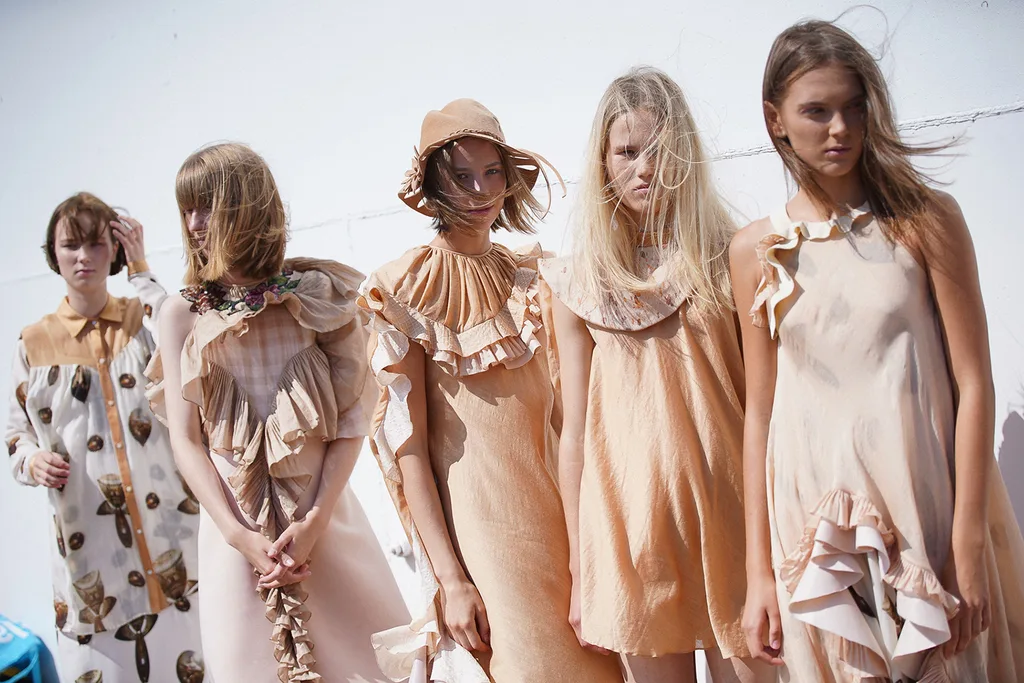
Bringing together various designers from across the world, who all share the same principles of creating fashion in a more sustainable and ethical way, press, buyers and guests alike were treated to a showcase of incredible talent.
‘My hope is that attendees to this year’s fashion week will stay true to these values and the reality. [I hope that they will] be honest and transparent with their actions and decisions in terms of consuming,’ Mora concludes.
Designer highlights
N&S Gaia (pictured above) by Sidharth Sinha is a womenswear label based in New Delhi, India. Focusing on slow fashion, and using sustainable hand-woven textiles blended with upcycled mill-woven fabrics, the brand showcased a range of wearable, modern pieces.
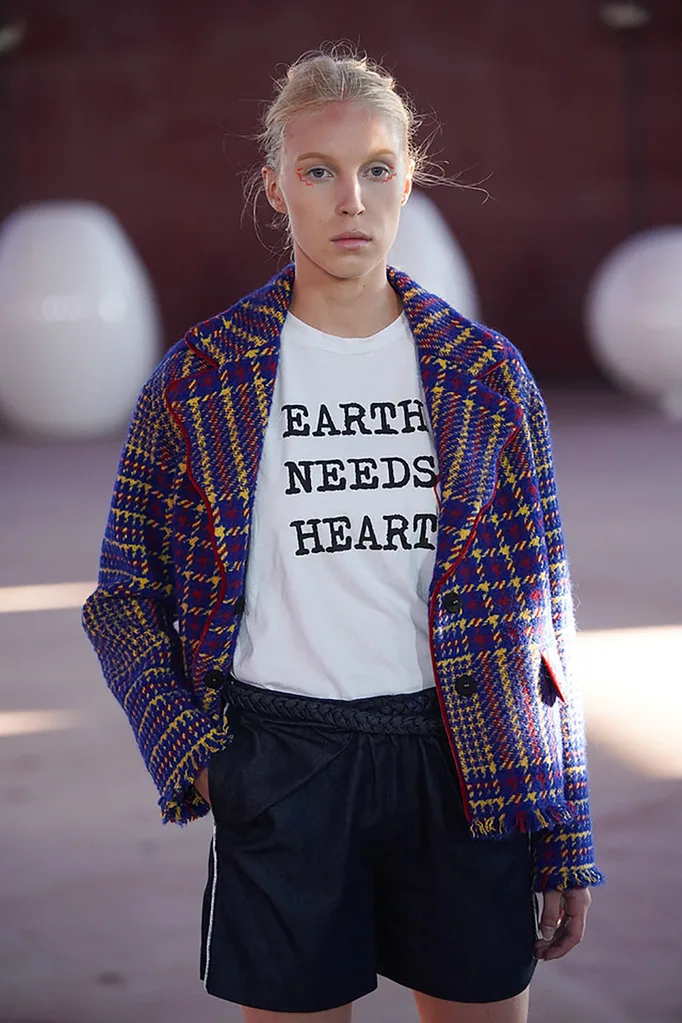
With his original, innovative and ethereal designs, Italian Tiziano Guardini captured the audience’s attention from the very first look. Through his clothing he proves that ‘eco chic’ is most definitely not all hessian and hemp (although we love those materials!), but that being sustainable can still be sophisticated.
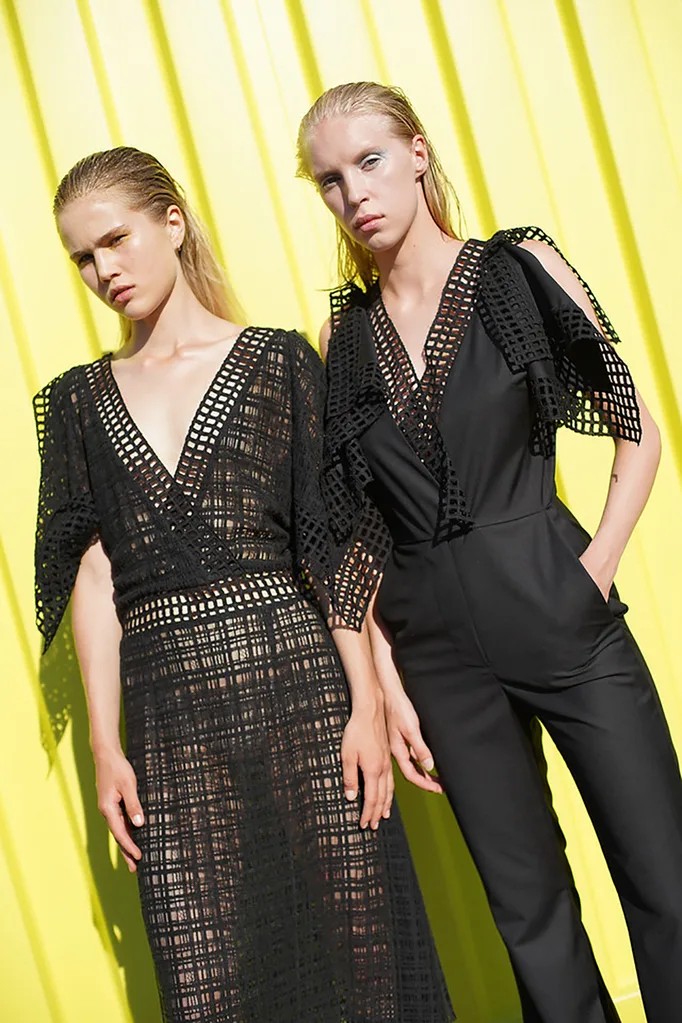
Budapest-based brand Kata Szegedi presented a contemporary and easy-to-wear collection of dreamy dresses and jumpsuits, that were at once elegant and playful. Using custom developed fabrics and focusing on impeccable tailoring, this Hungarian brand delivers on its promise of creating clothing for cosmopolitan individuals.
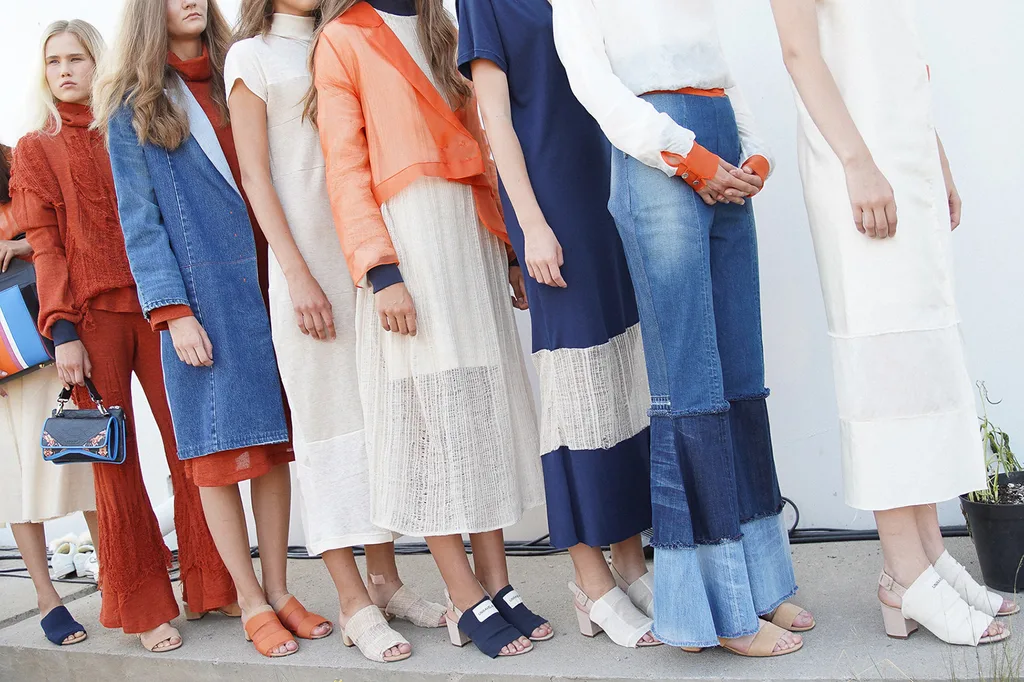
Unravelau, a Dutch brand by designer Laura Meijering, aims to ‘design high-end clothing with a low ecological footprint’. Making use of organic and recycled materials, the label presented a pared-down yet striking collection on the last day. Every part of Unravelau’s design process is completed in a way that minimises waste and energy usage – from design to production, and even the ink used for its swing tags!
For more visit helsinkifashionweeklive.com or follow @Helsinkifashionweekofficial.
